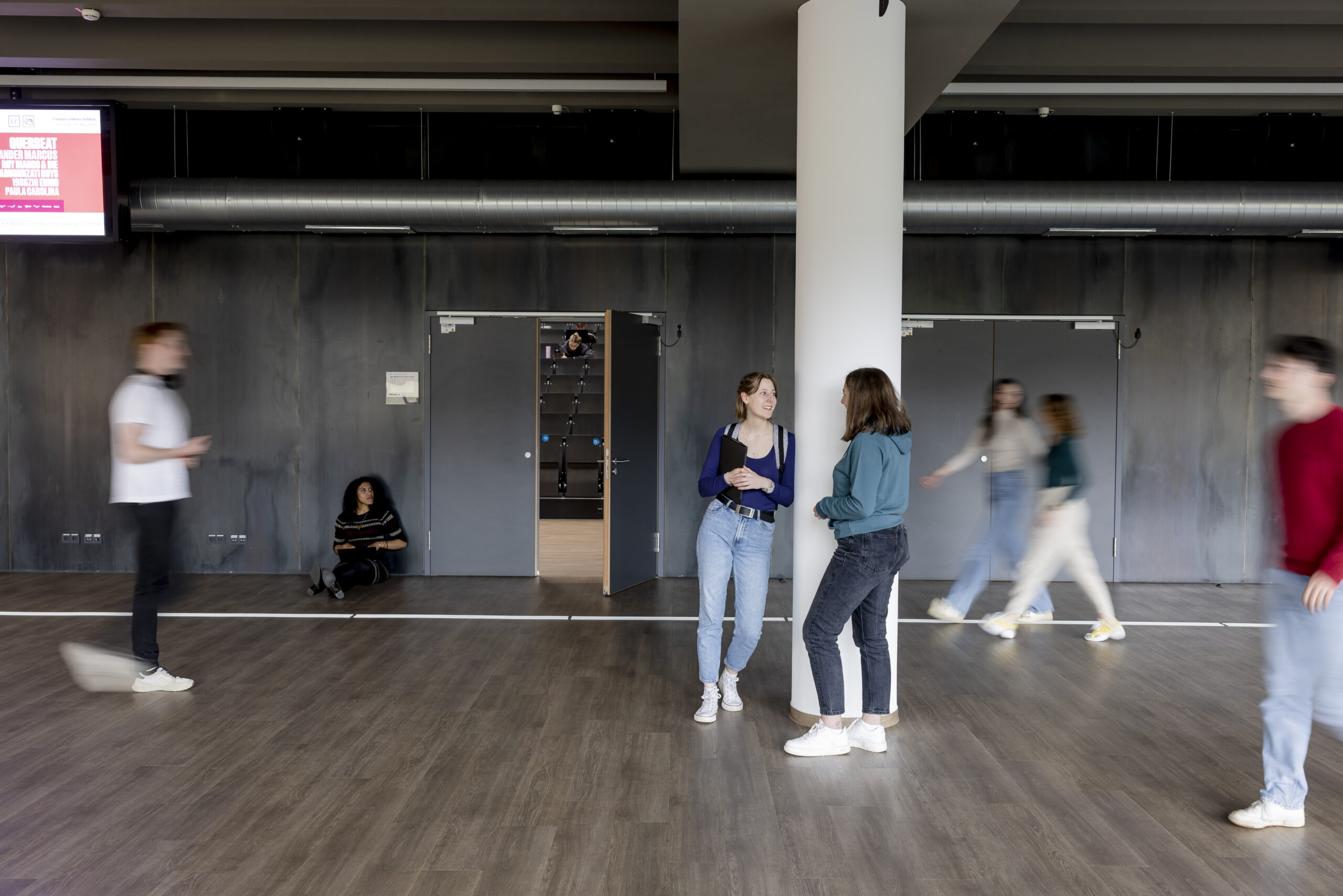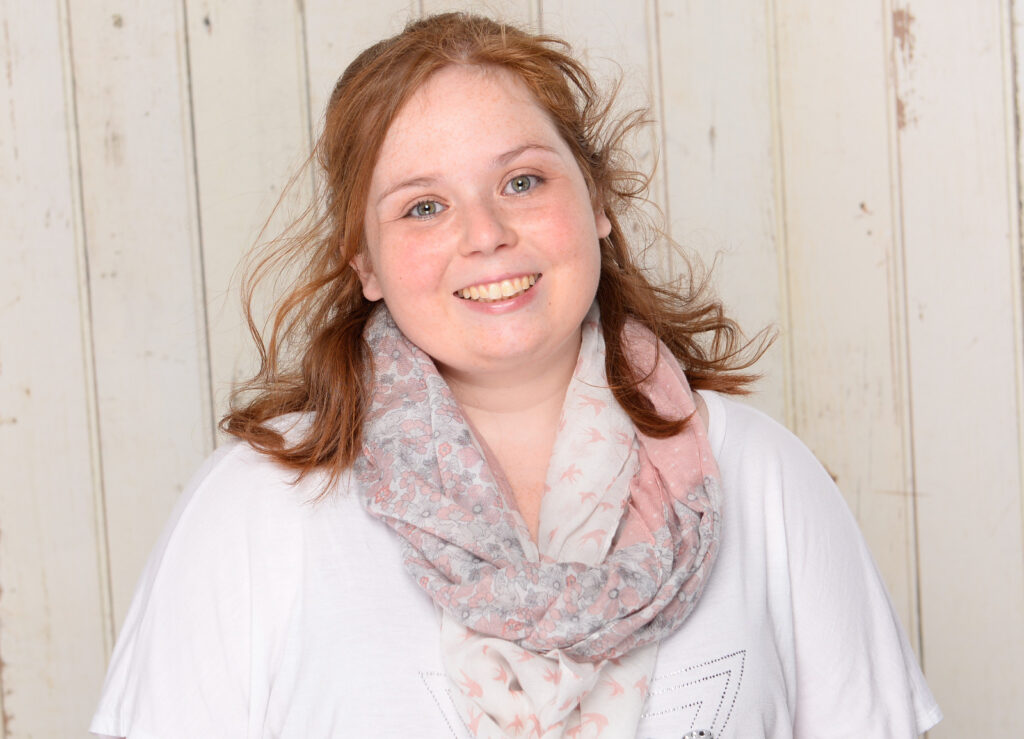
Bachelor of Education:
Inclusion and Diversity
Short info about the course of study
| Restricted admission | Standard period of study | Start of studies |
| no | 6 semesters | Winter semester |
Authorisation procedure
The degree program is admission-free, you can enroll directly without an application.
Enrolment deadline
16 July – 29 August 2025
completion
Bachelor of Arts
Important information about the degree programme
During the theory-practice phase, you will work two days a week in selected educational institutions under the guidance of professionals, leading to a break-up of traditional study structures.
Language of instruction
German
The course of study
Do you want to make a meaningful contribution to strengthening opportunities for participation? Do you want to initiate and implement social, cultural and institutional changes? Then you've come to the right place! The educational science degree program in the intersection of the pedagogical subdisciplines with reference to psychological and sociological findings trains you optimally for the individual support of children, adolescents and adults. Through close theory-practice coupling, theoretical knowledge is built up and combined with practice-oriented experiential knowledge, so that you learn how to reduce structural disadvantages and specifically stimulate and support educational and development processes.

5 Reasons to Study
Physiotherapie in Siegen
✓ Professional qualification with the professional title: Pedagogue
✓ Diverse fields of work, e.g. help for the elderly, assistance for the disabled,
Parent and family counselling, child and youth work, cultural education, organizational development, school social work and scientific research
✓ Interdisciplinary study offer in the intersection between
General pedagogy, vocational and business pedagogy, psychology, school and social pedagogy
✓ Semester-accompanying theory-practice phase over three semesters
✓ Optimal learning conditions
Career prospects
The degree programme qualifies students for existing and new pedagogical fields of action in both school and extracurricular areas. Fields of work include the all-day school model, early childhood education, children and youth work, vocational rehabilitation, support for the disadvantaged and care for the elderly. In addition, it is possible to qualify for a master's degree and pursue a scientific career.

This is what Ann-Christin Klein says about her degree program:
“ Interlocking theory and practice”
Read more
Why should I study this course of study? During my research for a suitable course of study, I dealt intensively with this question. Already in my youth I was involved in child and youth work and could imagine pursuing this path professionally. It was important to me not to commit myself to a specific area in the social sector in advance.
The special feature of the Bachelor's degree program in Educational Science: For me, inclusion and diversity were the interlinking of theory and practice. I was particularly interested in the opportunity to gain practical experience during my studies and to find out whether the pedagogical career path is suitable for me. In addition, the experiences in the accompanying events were reflected on a theory-based basis. This made it clear to me why the theories and topics of the events are relevant for practical work. Particularly sustainable for my entry into professional life were, for example, the courses on role theory and reflection.
I found the manageable group size of about 40 students per cohort to be extremely pleasant. Through events attended together, one quickly got to know one's fellow students, formed joint working groups and was able to make new friends.
Another advantage is the support of the students. The lecturers are helpful and are always available to help with questions or difficulties. The open communication and commitment of the lecturers create a trusting atmosphere that promotes studying and exchange within the study community.
After completing my bachelor's degree, I decided to pursue my master's degree in "Education and Social Affairs" at the University of Siegen and was then able to successfully enter as a consultant for career orientation and choice.
Overall, I can recommend the course to anyone who is interested in the various facets of pedagogy, is open to the theory-based reflection of practical experiences during their studies and appreciates events in small groups.
Admission requirements
The course of study Educational science: Inclusion and Diversity It always starts in the winter semester. Requirements for access are the general university entrance qualification, the subject-specific university entrance qualification or the technical college entrance qualification. Applicants with a subject-specific university entrance qualification or a technical college entrance qualification must meet certain entry requirements: Information on application and enrolment
Study structure
| Study Section I | ||
| 1. – 3. semesters Compulsory modules: Element of theory and practice coupling: Students ‘work and learn’ on two days over a period of three semesters in selected institutions. Access to the subject: Identity development, learning development, social agency Disciplinary approaches to the field: Sociology/Politics, Psychology, Educational science | ||
| Study Section II | ||
| 4. – 6. semesters Compulsory modules: Action-related accesses to the field: Pedagogical Interventions and Design/Treatment Social Science and Pedagogical Discourses Law Bachelor thesis | ||

Advice and contact
Make an appointment now at:
info.studienberatung@zsb.uni-siegen.de
or by phone at: 0271 740-2712
(Mon – Thu: 9 a.m. - 4 p.m. / Fri: 9 a.m. – 12 noon)
Master programmes
Further information
Further information on the degree programme can be found on the faculty's website.